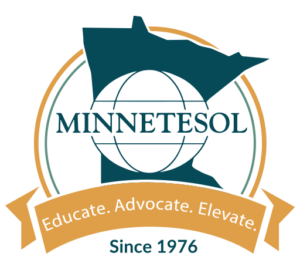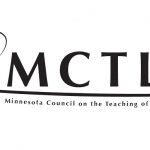Presenting at the MELEd Conference
The Minnesota English Learner Education (MELEd) Conference is built by the excellent ESL professionals who present their research and practical ideas. Presenting at a professional conference can be a daunting and exciting prospect for first-time presenters, so MELEd has compiled some resources to help support you as you prepare for your presentation this fall.
Please read the MELEd Conference Speaker’s Guidelines. This document has some basic information about the MELEd Conference as well as some tips and tricks for preparing your presentation.
Preparing your Proposal
Check out this great presentation from MELEd 2014 by MinneTESOL’s own Debbie Hadas and Bonnie Swierzbin. They give some great advice to consider as you prepare your presentation proposal. They also have some excellent advice in an article in the MinneTESOL Journal.
First-Time MELEd Presenter Scholarship
In order to encourage participating from exciting new contributors to our conference, we are offering a scholarship for first-time MELEd presenters (who are also MinneTESOL members). Members presenting at MELEd* for the first time are invited to apply for this scholarship upon acceptance to present at the conference. Scholarship winners will register and pay for their conference fee and after participating in the conference, coordinate with the conference co-chairs to receive reimbursement for one day’s registration costs.
*Members who have previously presented at MELEd, MinneTESOL, or MinneSLIFE are not eligible for this scholarship.
MELEd Mentors
In an effort to provide support for new presenters and build relationships between presenters in various phases of their careers, we launched the MELEd Mentor program in 2016. When submitting your proposal, you can opt in to being paired with a MELEd Mentor who will help guide you as you develop your proposal into a presentation.


